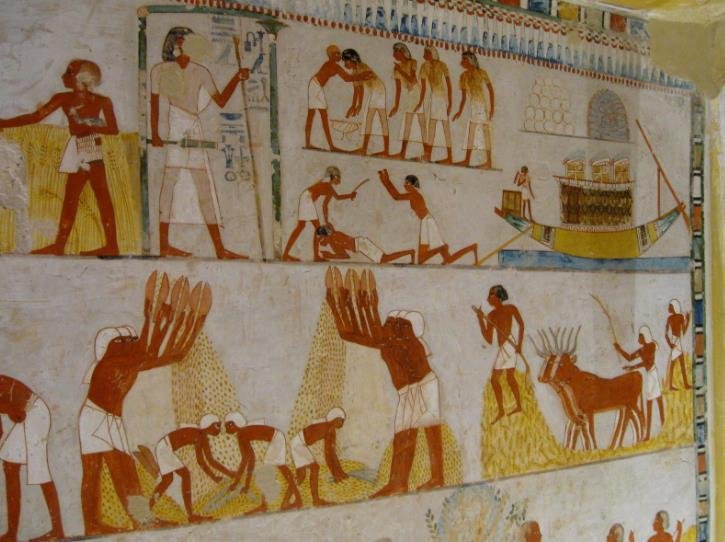Egypt and the United States have launched a significant project aimed at protecting and preserving Egypt’s rich cultural heritage. This initiative, which involves the creation of a centralized information system for Egyptian antiquities museums, is part of a broader effort to enhance the documentation and management of Egypt’s historical artifacts. The project is funded by a grant under the Cultural Property Implementation Act (CIPA) agreement between the Egyptian and U.S. governments, reflecting a strong commitment to cultural preservation and international cooperation.

Enhancing Documentation and Management
The new project focuses on improving the documentation and management of Egypt’s vast collection of antiquities. By establishing a centralized information system, the initiative aims to connect museums across Egypt, ensuring that artifacts are properly tracked and documented. This system will facilitate the monitoring and protection of cultural properties, making it easier to manage and preserve Egypt’s historical treasures.
The project includes comprehensive training programs for museum staff, enhancing their skills in documentation, collections management, and information technology. This training is crucial for the effective implementation of the centralized system, ensuring that museum professionals are equipped to handle the complexities of modern museum management. The initiative also involves a thorough needs assessment to identify and address gaps in the current documentation processes.
Strengthening International Collaboration
The partnership between Egypt and the United States underscores the importance of international collaboration in cultural preservation. The project is supported by the American Research Center in Egypt (ARCE) and involves key stakeholders from both countries. Notable attendees at the project’s launch included U.S. Ambassador to Egypt Herro Mustafa Garg, Deputy Minister of Tourism and Antiquities Yomna El-Bahar, and Secretary General of the Supreme Council of Antiquities Dr. Mohamed Ismail Khaled.
This collaboration builds on a long history of cooperation between Egypt and the United States in the field of cultural heritage preservation. Previous projects have included the restoration and development of several historical sites in Cairo, funded by the U.S. Agency for International Development (USAID). The new initiative represents the next step in this ongoing partnership, aiming to safeguard Egypt’s cultural heritage for future generations.
Future Prospects and Impact
The successful implementation of the centralized information system is expected to have a lasting impact on the preservation of Egypt’s cultural heritage. By improving the documentation and management of antiquities, the project will enhance Egypt’s ability to protect its historical collections. This initiative aligns with the broader goals of the Egyptian Ministry of Tourism and Antiquities, which seeks to modernize museum infrastructure and establish best practices in museum management.
Looking ahead, the partnership between Egypt and the United States is likely to yield further benefits in the field of cultural preservation. The project sets a precedent for future collaborations, demonstrating the potential of international cooperation in addressing global challenges. By working together, Egypt and the United States can continue to protect and celebrate the rich cultural heritage that defines human history.
